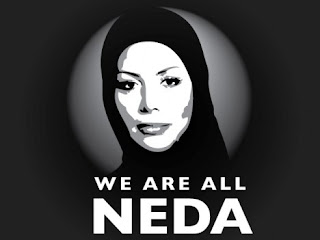
As this article at Time.com describes, Facebook users can define their relationship status in six ways: Single, Engaged, Married, In a Relationship, In an open Relationship, and It’s Complicated. Users can also avoid listing their status and leave it to the imagination of those who are unaware. Of course, any change by the user to his or her relationship status is broadcast to his or her entire list of friends (depending on specific settings). While it’s nice to be able to update friends and family of changes in your life at the click of a button, it can complicate matters and create hard feelings. Often, the past, present, and/or future significant other is already on the friends list and can be taken by surprise by the change. How would you feel about seeing a message that your long lost love had just moved from single to engaged? Do you really want to know?
Communication is essential in a growing relationship. Prior to the “exclusivity talk” the relationship remains undefined. So what happens when one overeager partner decides to change his or her status from single to “in a relationship?” prior to discussing it with the other partner? How should the one caught unaware interpret this action? What does one make of the partner who refuses to even list a status after the decision to be an exclusive couple is made? Their is great potential for misunderstanding.
Embracing Technology
Technology begins to creep in on what was before an intimate discussion between two people. Indeed, it’s becoming commonplace for tech saavy daters to include a discussion of the Facebook Status Relationship Change in their talk of where the relationship stands or is heading. Some even take it all the way to the altar as this article describes: “I like the story at the end of that article about the couple who changed their status from engaged to married mid-way during their wedding night using their iPhones."
It Gets Personal
An online story at Glamour reminds me of how tough it can be to let the world know that your heart has been broken. A friend of mine was dating a woman for several months when she had expressed that while she just wanted to see where things were going before getting more serious, she wasn’t dating anyone else and so they had time. A month later my friend noticed a sudden decrease in contact from her. Then out of the blue comes an email from her saying that she’s met “the one” and that she was sorry but she couldn’t let this opportunity pass her by. He was surprised and annoyed. He told me that he considered dropping her from his friend’s list but was still curious about how her life would turn out and so did nothing. The next day her “single” status was switched to blank (see here how to change without letting the news being broadcast to all your friends).
He called me several months later to tell me that she had changed her status back to “single” again, followed by a flurry of status replies from friends stating “Get well soon” and “I’ll call to check in on you soon, hang in there.” He told me that he felt a twinge of satisfaction before guilty set-in. At the click of a button, he had reacted to a distant event that was for him just words on the screen but for someone else it was no doubt a painful moment. It was a good reminder of how technology allows us to close the distance between each other and yet does so in a very impersonal manner. Social media’s impact on relationships is still yet to be fully determined but what is clear is that it leads to as much confusion and uncertainty as it does connection.








 A recent article on abcnews.com entitled
A recent article on abcnews.com entitled 

 :
:








